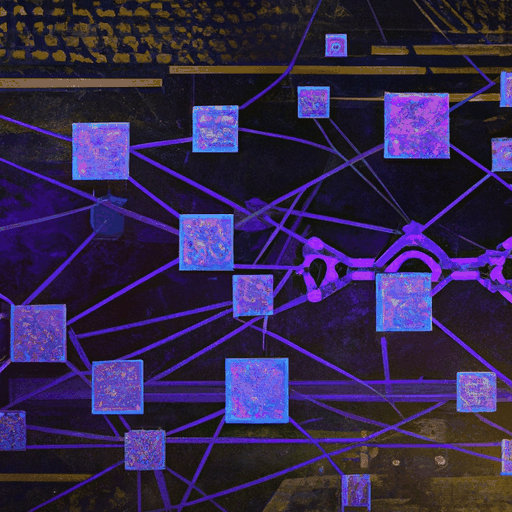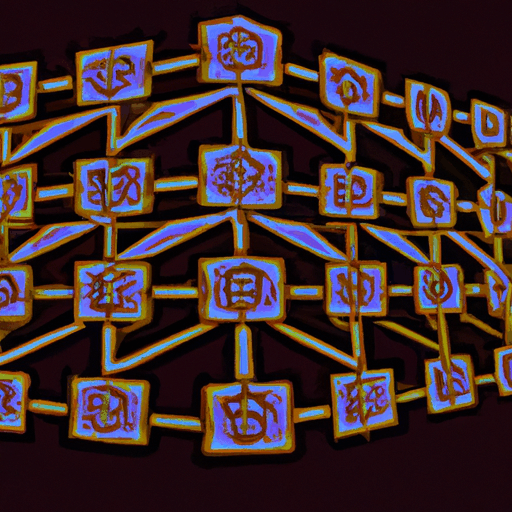
Revolutionizing AI Access through Decentralized Networks: The Emergence of Cocoon
By: Eliza Bennet
In the evolving landscape of blockchain and artificial intelligence, a new concept has emerged that promises to blend these two domains: decentralized AI networks. One of the most striking examples recently unveiled is Cocoon, a decentralized AI platform initiated by Pavel Durov, the co-founder of Telegram. Built on The Open Network (TON), Cocoon exemplifies a paradigm shift in how AI services can be accessed, focusing on user privacy and distributed control.
Cocoon allows individuals to contribute their graphic processing capabilities, helping power AI computations. In exchange, participants earn Toncoin, thereby creating an incentive system that democratizes AI technology. This model ensures that data is processed and AI tools are accessed in a more private and secure manner than traditional centralized AI service providers, which often raise data privacy concerns.
The initiative seeks to mitigate these issues by decentralizing the control and processing of AI, ensuring that sensitive data remains confidential and secure. Cocoon can significantly alter user interactions with AI by avoiding the pitfalls of central data storage and processing.
Overall, decentralized AI networks represent a transformative approach to AI, aligning with the broader movements towards decentralization and privacy in the tech industry. As demonstrated by Cocoon, the future of AI may indeed lie in a collaborative, user-driven framework that protects individual freedoms while enhancing technological capabilities.



